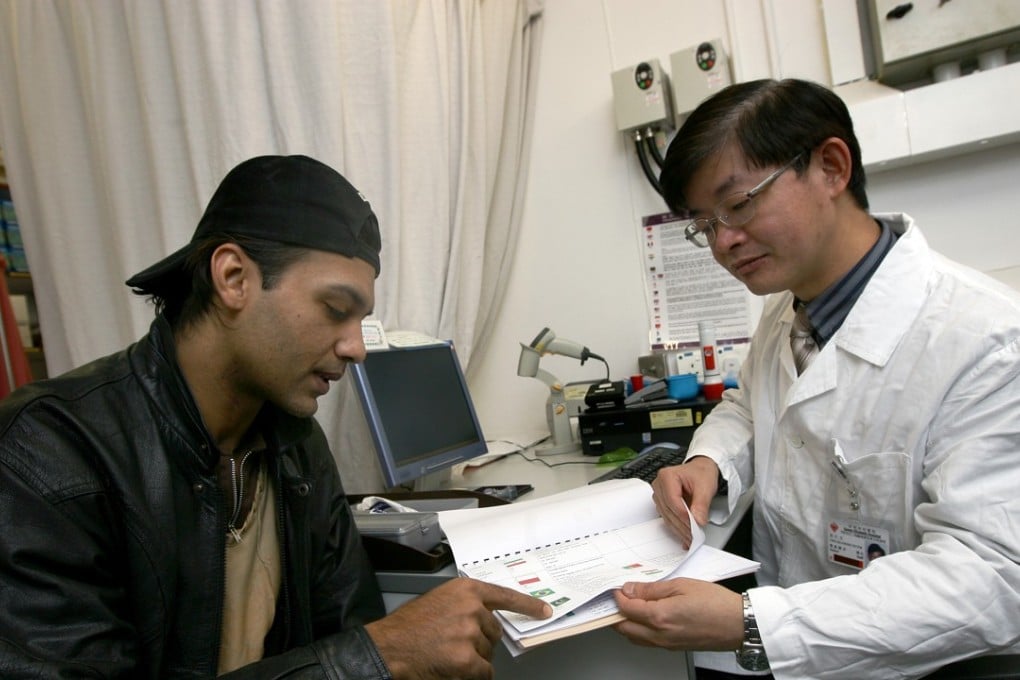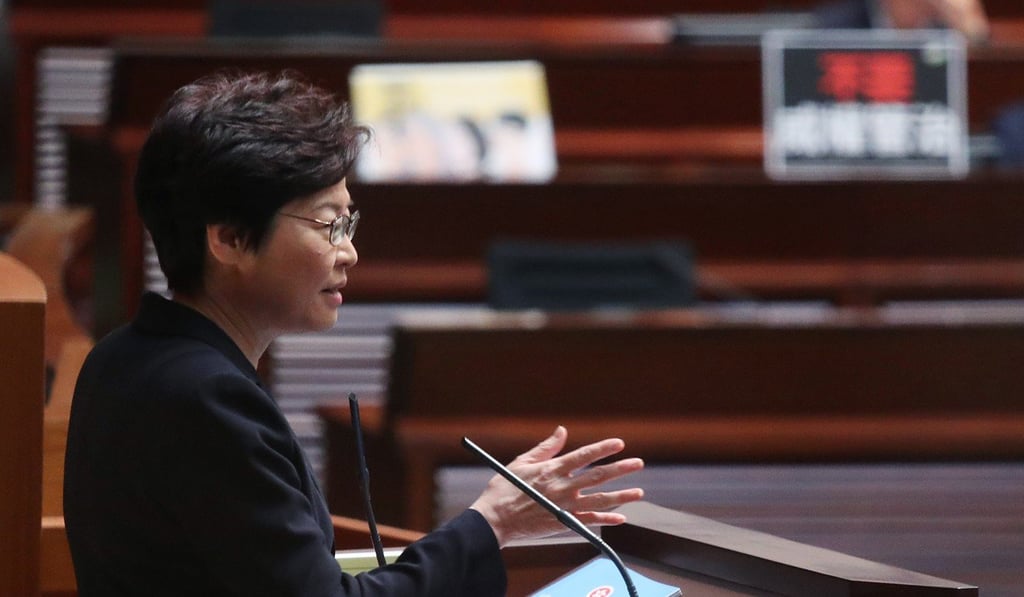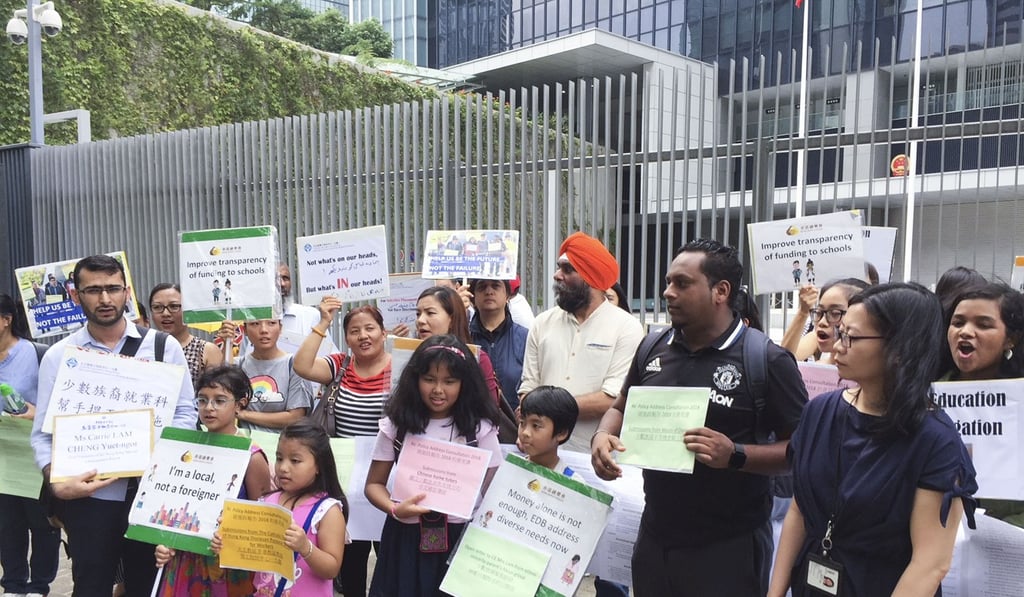Hong Kong must not neglect ethnic minorities’ health care needs
Padmore Amoah says the government’s promotion of public health and primary health care should include cultural sensitivity training to ensure Hong Kong’s growing ethnic minority population is informed and feels welcome at public facilities


Will increased community support solve Hong Kong’s strained elderly care services?
Existing anti-discrimination legislation and support programmes for ethnic minorities are welcome, but the question remains how best to integrate these people into specific service sectors, such as health care. We cannot take for granted that efforts such as availability of health care facilities and financial relief offer a holistic solution, so the government’s position – to “step up efforts to promote individual and community involvement, enhance coordination among various medical and social sectors” – is admirable. It hopes to achieve this through encouraging “the public to take precautionary measures against diseases, [and] enhance their capability in self‑care and home care”.

Hong Kong charity reaches out to ethnic minorities who face barriers to health care
For ethnic minorities, a critical question is how to reach out to them with “acceptable” services and strategies that can draw their attention to this policy agenda. Acceptability in this case relates to sociocultural heritage, so the health care system needs to be culturally sensitive. It should aim to meet minorities’ expectations, their understanding of the process of care and the meaning they ascribe to different health conditions. Recognising these attributes will help them seek out formal health services and be involved in public health interventions. After all, an inability or unwillingness to take health precautions could affect others.